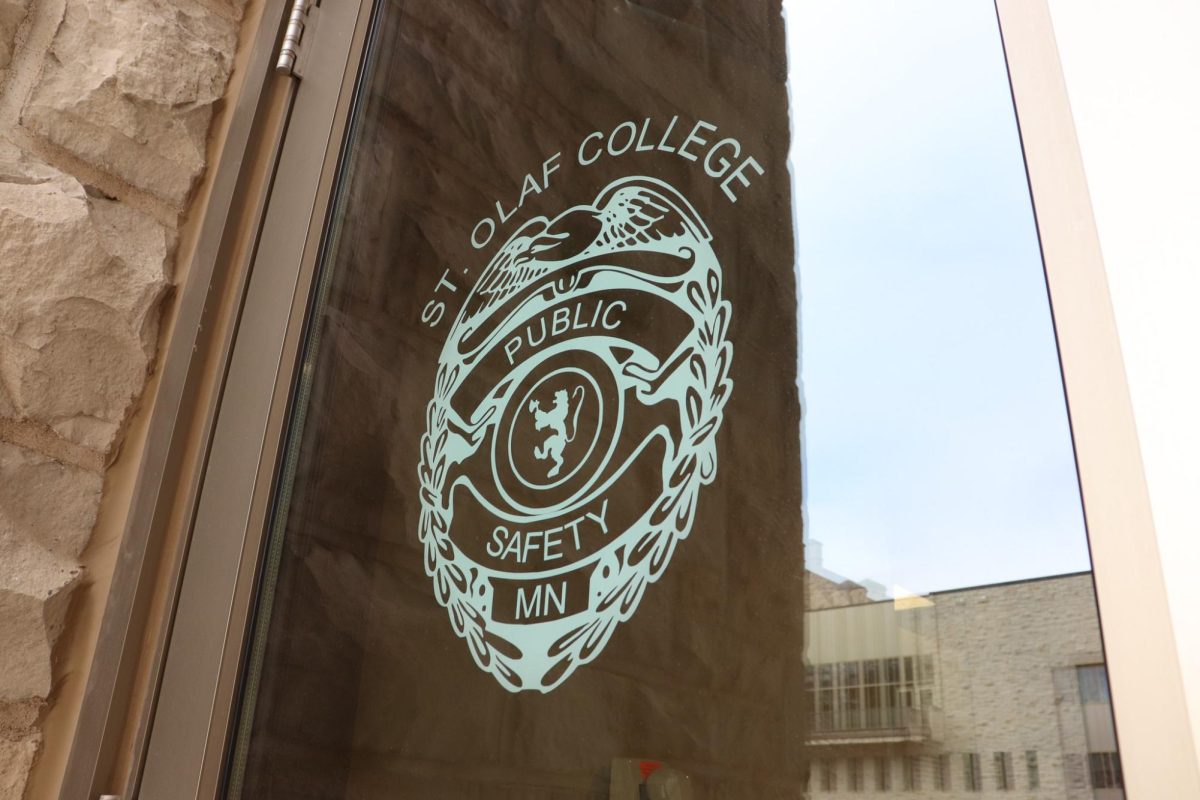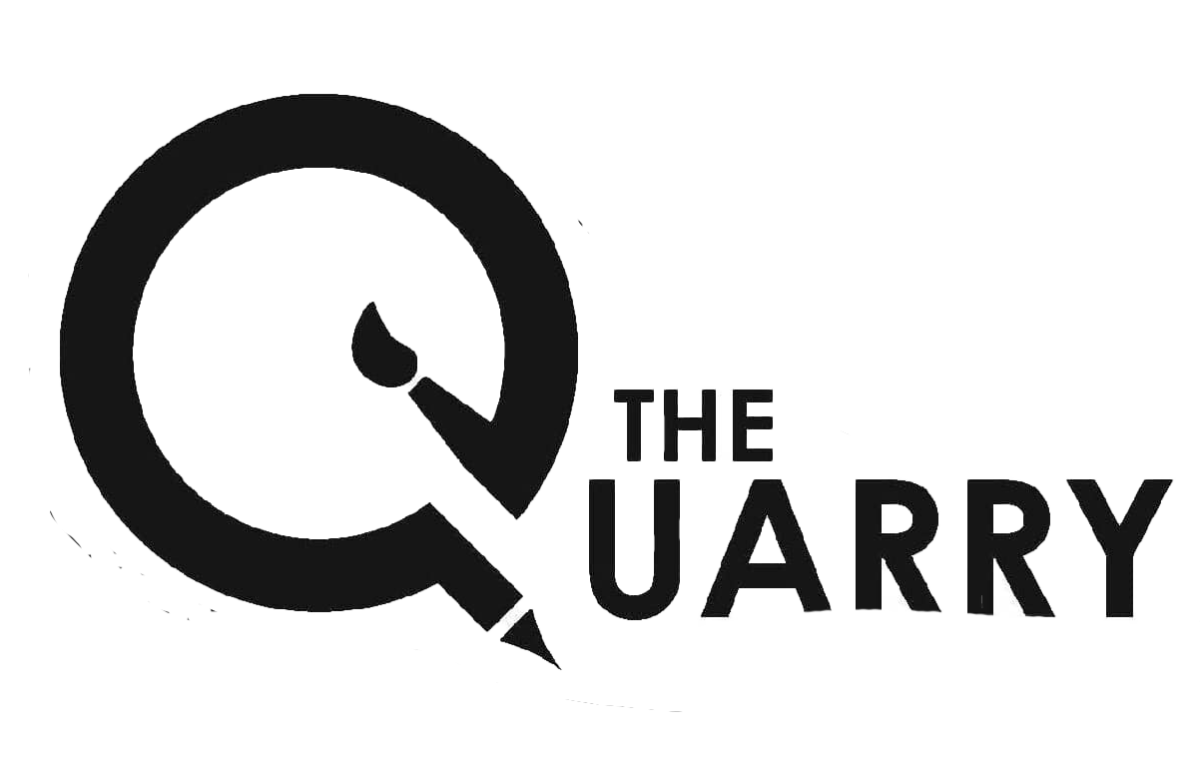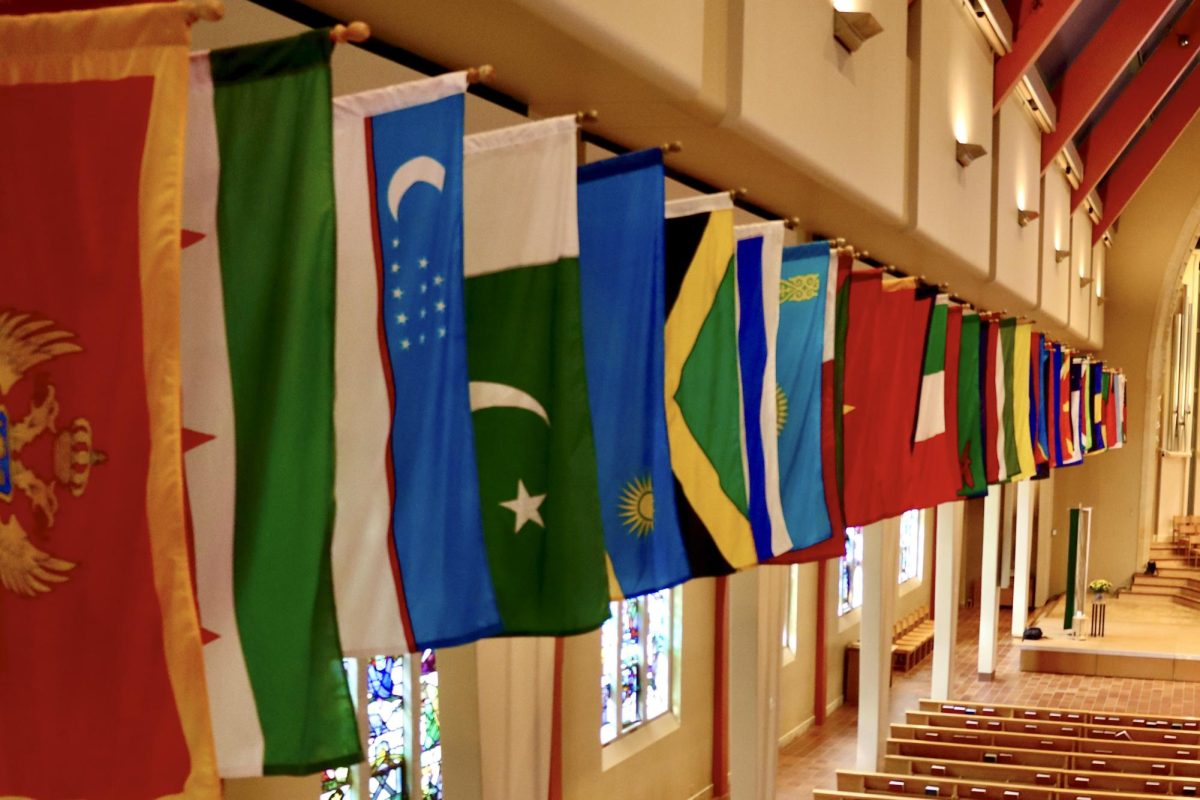On Nov. 9, Professor of Religion Gregory Walter ’96 and Professor of Sociology and Anthropology Ibtesam Al-Atiyat delivered the annual Mellby lectures in Viking Theater. The lecture series began in 1983 to memorialize St. Olaf professor and administrator Carl A. Mellby. The series is typically broken into two parts, providing one lecture each in the fall and spring semesters. This year marks new territory for the Mellby lectures, with Walter and Al-Atiyat delivering their speeches together and sharing a Q&A event after.
Walter spoke first. His lecture, entitled “The Vulnerability of Theology,” was focused on Julian of Norwich, a medieval Christian theologian, mystic, and anchorite — a term for a religious hermit. She lived for years in one room. He focuses on her success in articulating our incapacity for choosing between a theology of a “hiddenness,” which finds God far beyond all description and reproach, and a “theology of the cross,” which demands reconciliation with God for our pain and damage in the world. Walter ultimately asserts that theology escapes the disciplinary restrictions that modernity has placed on it, and he considers a new theology without religion.
Al-Atiyat followed with a lecture entitled “The Neo-Liberal Turn in Higher Education.” Her lecture not only included theoretical analysis that drew from sources as distant in space and time as Theodore Adorno and Ibn-Rushd, but the lecture was also rooted in her practical experiences founding two universities in Jordan. Al-Atiyat argued, in a critique of syllabi as they currently exist, that neo-liberal models of higher education are epistemically corrupted. Going beyond solely critiquing syllabi for being non-inclusive of anything outside of the myopic “Western” tradition — although she does still voice this critique — Al-Atiyat presents a more fundamental critique of the practice of including and excluding altogether. Instead of considering course readings as “ideas” in some list whereby we must eventually identify with and choose one as an “answer,” Al-Atiyat argues we ought to consider course readings instead as “artifacts,” where we inquire without the assumption that we may identify with it.
Both lecturers seem to share a critical orientation towards the modern situations of their respective disciplines. Part of this might stem from their interests in critical theory and literature — they effortlessly quote Adorno, Huxley, and Borges. Their critical perspectives provide the lectures with a sense of shared dialogue, even across their disciplinary boundaries and disparate topics.
At the very end of the event, Al-Atiyat responded to an audience question about what the ideal of a university ought to be, and whether or not it can escape the structure of capitalism. “[New Jordanian universities] offer us this opportunity to think again as to the capitalist economy, to think again as to the imposition of the politics of the place, and maybe come up with a project that is different, a project that restores the critical potential of a university.”





